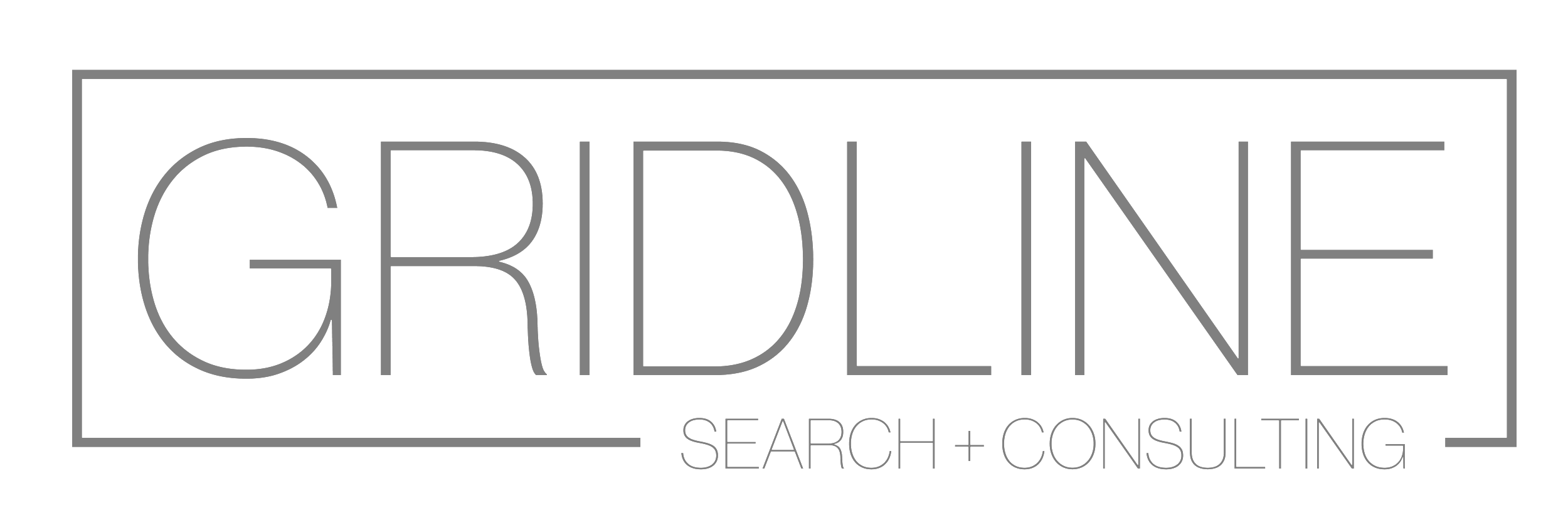Considering a BigLaw Lateral Offer? Talk to an Associate That Left.
One of the benefits of being a BigLaw lateral associate recruiter that also works as a career advisor is that I am able to connect people for honest advice and insights. At the end of the day, there is nobody who knows what it is like to work at a particular firm or with a particular person than a person who has already worked there. They are the only ones who will know what the day-to-day looks like, as well as the nature of the personalities of supervisors and colleagues.
When lateral associates are considering a new firm, they look to the people they meet in the interview process to provide honest advice about their new potential employer. What type of work is actually keeping the group busy? Who are the frequent-flier clients? What is the communication style of the partners? How often are people working late nights and weekends?
But it's not always easy to get honest answers to these questions. Current employees always feel more allegiance to their employer than a candidate they only recently met - even if they are not very happy at the firm.
For this reason, I suggest that lateral associate candidates seek to connect to attorneys that used to work as associates at the potential employer.
How do you identify these types of people and what do you ask?
Start with your recruiter. Your recruiter should want you to get an honest sense of what it is like to work at your potential new firm. If nothing else, they have a financial incentive for this to be the case. You will need to be at your new firm for six months to a year in order for your recruiter to keep their placement fee. As a result, ask your recruiter if they know anyone in their network that used to work at the firm that can provide good insight on the firm. See if the recruiter can make an introduction.
Look deep at your LinkedIn connections. If your recruiter does not have a suggestion for someone who used to work at the firm, take a deep dive into your LinkedIn connections. You can search connections using the "Past Company" filter to see if there is a friend (or a friend of a friend) that used to work at the potential employer. Ideally you would have their email address, so reach out to them that way. But if not, try a LinkedIn message. See if you can get 10-15 minutes of their time by phone to talk about their former employer.
Ask open-ended questions about your potential employer and listen. When you connect, avoid asking leading questions that will result in the person only giving you answers that they think you want to hear. Simply say that you are considering the potential employer for a lateral move and can you ask them some questions about their experience. Ask them what they did at the firm and who they worked with. Ask what was their most favorite part of working there and what was their least. Ask why they ultimately decided to leave the employer. If you ask any follow-up questions to their answers at all, do so only for clarification. Again, you want to avoid leading them towards a certain answer.
Acknowledge when insights into the employer are too personal or non-applicable. While talking to former employees of a potential new employer is certainly helpful, you should not take all the insights provided as gospel. The reasons that a person may have left may be completely specific to them, their personality, their working relationship and/or a very specific point in time. Maybe they worked primarily with people who are no longer at the firm or in a group with which you will have no contact. Additionally, like current employees, former employees may actually feel so positive about their former employer that they paint too rosy of a picture.
Use connections to potentially connect with more people for insight. If you have a good conversation, see if the person has any suggestions for other former employees or other people with whom you should connect for insight into the employer. They may also be helpful with guiding you on the people that still work at the firm and the types of questions that make sense to ask them.
